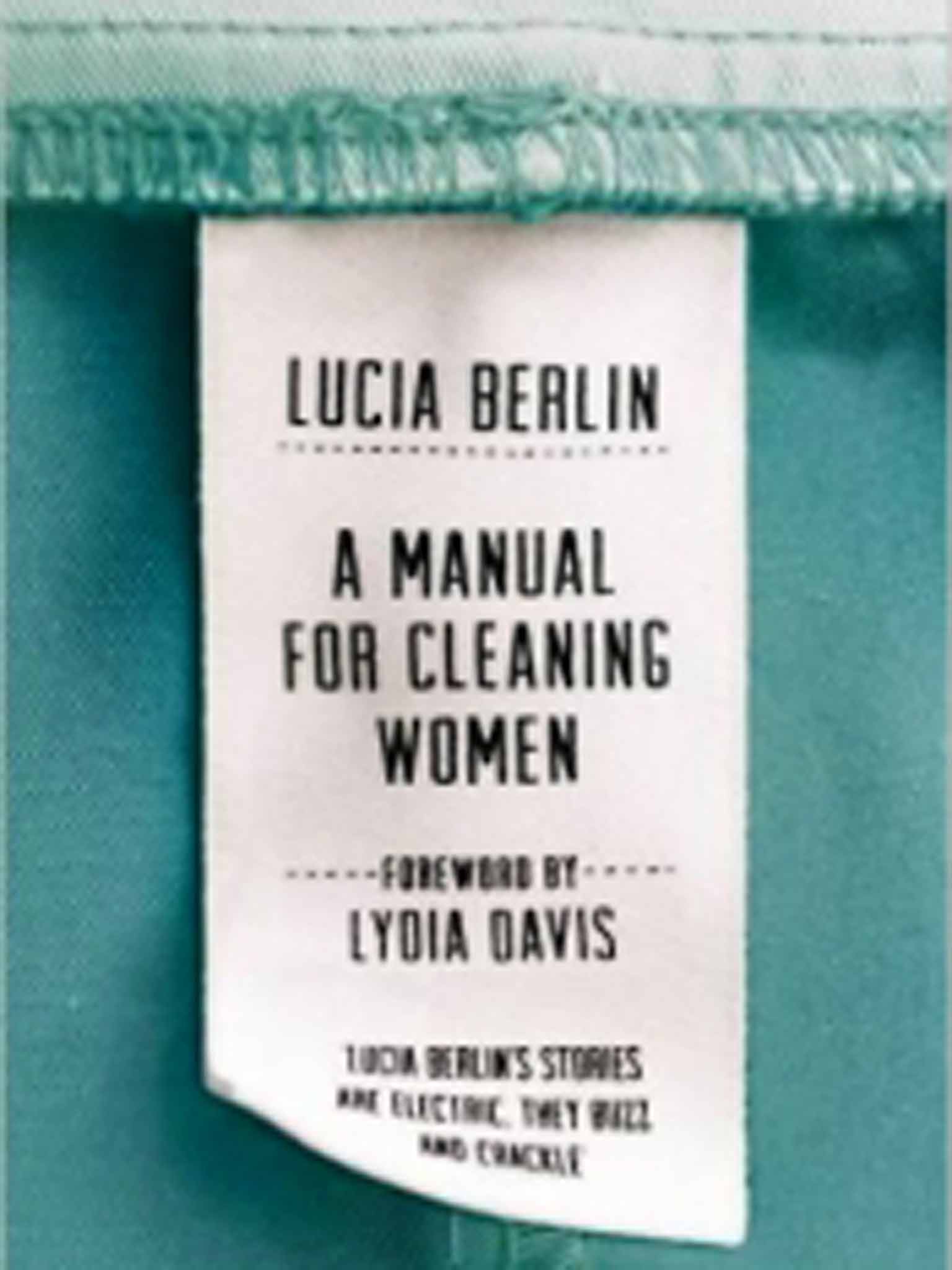Your support helps us to tell the story
From reproductive rights to climate change to Big Tech, The Independent is on the ground when the story is developing. Whether it's investigating the financials of Elon Musk's pro-Trump PAC or producing our latest documentary, 'The A Word', which shines a light on the American women fighting for reproductive rights, we know how important it is to parse out the facts from the messaging.
At such a critical moment in US history, we need reporters on the ground. Your donation allows us to keep sending journalists to speak to both sides of the story.
The Independent is trusted by Americans across the entire political spectrum. And unlike many other quality news outlets, we choose not to lock Americans out of our reporting and analysis with paywalls. We believe quality journalism should be available to everyone, paid for by those who can afford it.
Your support makes all the difference.If you tire of the stream of introductions to "the best writer you've never heard of" then I sympathise. But having been moved, disturbed and even angered by the range of life within these 43 stories by the American author Lucia Berlin, who died in 2004, I believe the hype is justified. I read it in a short space of time but this career-spanning volume should reward readers who return to it for months, years, even decades.
Much of Berlin's fiction, which she called "a transformation, not a distortion of the truth", concerns the varieties of love, addiction, work, illness and grief that marked her eventful life. Born in 1936, she wrote sporadically, winning acclaim without attracting a large readership. Her stories are populated by sisters, mothers, teachers, cleaners, drinkers and the people they encounter in America, Mexico, Chile and elsewhere. The narrator of Mourning says cleaning other peoples' houses is "just like reading a book" while the title story presents a tapestry of poignant observations: "Poor people wait a lot. Welfare, unemployment lines, laundromats, phone booths, emergency rooms, jails, etc."
These are the precincts of Berlin's fiction but she writes about Latin America too. The context for some of these stories is American political interference in the region in the mid-20th century, while others capture the disorientation one feels living abroad and speaking in a foreign language: "I keep trying to remember who I was in English."
Sally, a cancer victim, appears in several stories but it's the portrayals of alcoholism that chart a truly harrowing trajectory: in Her First Detox, a woman drinks after putting her children to bed – "A silence then that she celebrated by doubling her drinks, no manic ice cubes now." In Unmanageable, the addict's double life involves dawn runs to the liquor store before she hurries back to get her sons up for school. There are car crashes, arrests, separations and perhaps recovery.
As with Raymond Carver, whom Berlin resembles in subject matter but not in style, her unsparing accounts of addiction feel authentic and she finds humour in dark places.
In her introduction, Lydia Davis calls the stories' endings "at once surprising and yet inevitable". This is true of Mijito which leaves me shocked and enraged at the cruelty encountered by a teenage Mexican mother in California. How can such tragedies be allowed to happen? Berlin's stories offer few answers, and no easy routes to redemption, but empathy pulses.

Join our commenting forum
Join thought-provoking conversations, follow other Independent readers and see their replies
Comments